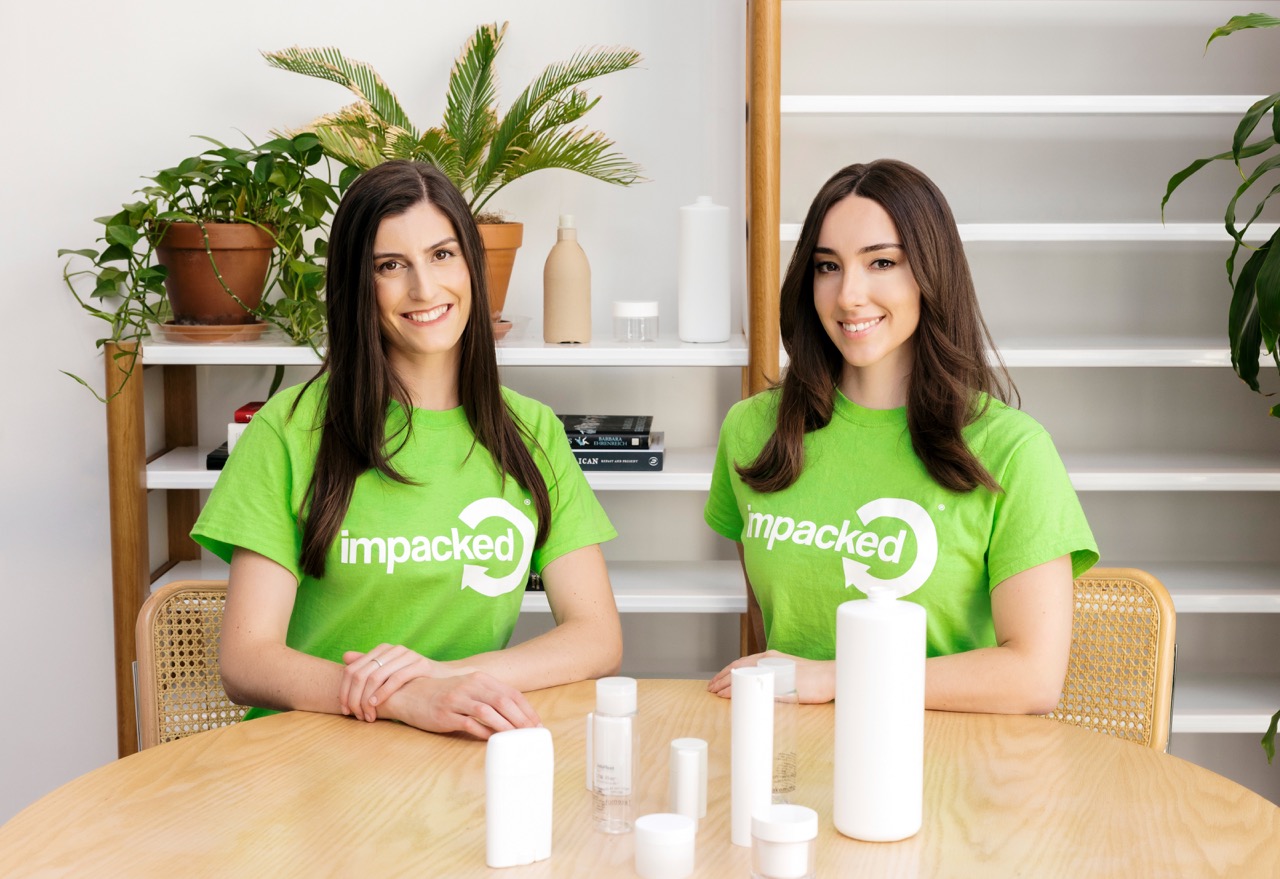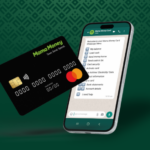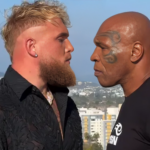Packaging is a trillion-dollar-per-year industry that, by and large, has some sustainability challenges. Impacked is a B2B company that’s bringing green tech to the forefront for everything from jars, tubes and pouches to bottles.
The company raised a $2.5 million seed funding round led by TenOneTen Ventures, taking its total funding raised to $3.3 million. The new funding will be used to recruit more primary packaging suppliers to Impacked’s marketplace across North America and Europe, and also enhance its existing sustainability scoring system. The company declined to share its valuation or other details about the funding round.
“As a former global brand manager at Unilever leading product innovations, sourcing primary packaging was one of the biggest bottlenecks in my product launch process. The buying and selling process is long and inefficient with the industry still dependent on in-person trade shows, word of mouth and analog middlemen to generate new business. This frequently forces brands to overpay, delay product launches or deprioritize sustainability,” says Lisa-Marie Assenza, CEO at Impacked, in an interview with TechCrunch. “My goal with Impacked is to bring the tradeshow online 365 days per year, providing tools for suppliers to digitize their sales and marketing while instantly allowing brands to search, filter, sample, quote and buy packaging — all in one place.”

The founders at Impacked, Natasha Trueman (COO) and Lisa-Marie Assenza (CEO). Image Credits: Impacked.
“TenOneTen is the lead investor in this round. We wanted to bring on a strong stable of former operators who have successfully built and scaled companies themselves. David [Waxman] and the entire TenOneTen team have been amazing to work with, understand our mission and our vision, and as former operators have been incredibly helpful in helping us navigate the early stage journey,” said Assenza. “As sustainability regulations continue to change and become more complex for brands to navigate, our goal is to help more brands navigate these challenges by ensuring that every product listed in our marketplace is scored across a standard set of environmental sustainability criteria, empowering brand owners to make better sourcing decisions and ensure accuracy in the claims they make on their packaging.”
The company is broadening its appeal and supplier reach, both in terms of product lines, and geographically.
Impacked is joining a huge number of companies flowing into this space at the moment, biting off different slices of the market. Some companies, such as Olive, are focusing on reusable packaging, while others are exploring mycelium-based or plant pulp-based solutions.
Impacked’s ultimate goal is to “source every primary package on the planet, for the planet,” creating an ecosystem for packaging that will, the company claims, foster greater connectivity and collaboration between brands and suppliers in the packaging industry.
“The health of our planet is one of the most important issues of our time, and packaging is clearly a major contributor. In the next 10 years, Impacked will play a key role in surfacing the data and insights brands need to shift to more sustainable packaging, all while driving supplier innovation in packaging materials, design and production practices that do better for our planet,” said Assenza. “I personally have a love/hate relationship with the word ‘sustainable’ — it’s buzzy and the reality is that there is not a single way to be ‘sustainable’. It’s really about taking steps to reduce the beginning-of-life and end-of-life impact of a brand’s packaging. I believe that shifting our industry to more sustainable solutions starts with education. Brands need a better way to objectively assess the environmental impact of any packaging option they are looking at, early in the buying journey. For example, if a brand knew upfront that adding a frosted coating could make an otherwise recyclable 8 oz glass bottle no longer widely recyclable, they might consider a different decoration option to maintain recyclability and accurately claim ‘recyclable’ on-pack.”
Impacked packs up $2.5M to give the packaging industry a greener tint by Haje Jan Kamps originally published on TechCrunch
DUOS





